Read next
The latest news, updates and expert views for ambitious, high-achieving and purpose-driven homeowners and property entrepreneurs.


What do landlords, property developers and investors look for when finding and hiring the best architects when a Google search of “London Architects” brings up 192,000 results alone!
Seriously, how do you find and hire best London architects? For example, how do you find an architect for an extension?
No matter what you're looking to do with a property, the architectural design will be the core of your project. Whether it's a new build, a conversion of an existing property or an extension, getting the architectural design right at the beginning is essential for turning your idea into a reality.
Having a vision is one thing – but you need the best London architect to make this vision come true. That’s why finding and hiring the best architects is essential for achieving success in your residential project.
Have you ever found yourself thinking about how to find and hire the best architects?
To that end, this article will discuss the following:
This article will show you EXACTLY how to find and compare London architects so that you always hire superior architects for your project.
Hiring the best architects is one thing, but how do you go about finding architects in the first place?
Because the internet is a vast landscape, full of false hopes and unsavoury schemes, it’s important to have a roadmap to help guide you through the digital noise. Below, we will explore four primary methods for hunting down the best architect for your project.
It may sound obvious, but Google can be a great resource for doing an initial search in your area. The best part about Google is that you can check reviews.
For instance, if you go to Urbanist Architecture’s page, you can read our reviews and observe that we have a 5/5 star rating. You can also check to see where the architect is located and when they are open, and if you’re happy with what you see, you can give them a call or shoot them an email.
You can also check out the Royal Institute of British Architects’ (RIBA) website.
To begin, just navigate to the “Working with an architect” page and enter the postcode of the appropriate area. If, for instance, you enter SE8 3FB into the search field, you’ll find Urbanist Architecture at the top of the page, as we are an RIBA-chartered practice.
RIBA-chartered practices must fulfil a number of requirements before achieving chartership. According to the RIBA’s “Standards and Enforcement Procedures,” there are 15 separate criteria that must be met prior to qualification.
Most importantly, at least one of the full-time principals must be a Chartered Member of the RIBA, and a chartered architect must supervise all projects that go through the firm.
Chartered architects must pass (or be exempt from) RIBA parts I, II and III – or they must have passed parts I and II and have at least two years of experience working in a practice.
This means chartered architects must have presented a high quality of work, and they must have a good deal of experience in the architectural field. They are universally recognised as the finest architects in the world, and they are bound to high ethical and professional standards.
The Architects Registration Board (ARB) is similar to the RIBA in that it is linked to a high standard of architectural practice, but with a greater focus on individual architects. Just go to the “Architects Register” page and fill in the appropriate field.
The ARB, established in 1997, was introduced to set up consistent standards for qualifying architects. It is an independent regulatory body that seeks to maintain high standards for architects throughout the UK.
Thus, architects who are registered as ARB must adhere to certain codes of conduct.
Finally, you can use Houzz to search for skilled architects in your region. Houzz is a website that focuses on all things related to architecture, interior design, home improvement and landscaping.
The site was created to foster a community of people who can share images with one another and commiserate over their home-improvement woes. What’s more, it is a place where you can find architecture professionals.
Just navigate to the architects & building designers section to do a location-based search. If you click on a firm’s page, you can find copious information about the firm’s services and mission.
So you’ve found some architects online. That’s a good start. But what is an architect exactly?
An architect is often defined as a person who designs buildings. But that is only part of a quality architect’s role.
Designing a building can sometimes be a case of ‘design and walk away’, but an architect needs to offer much more than that. They should support you throughout your project, whether it be building a new home, or renovating or remodelling an existing property. They could also offer advice on subjects like the best materials to work with, how to make the most profit and what to do way beyond the permission stage.
Thus, architects can do anything from obtaining planning permission to monitoring your construction. In addition, architects actually help you save money in the long run, and bring you a higher return on your investment.
What’s more, they can use their skills to optimise your space. When developing the designs, they might, for instance, consider the direction of the rising sun or the orientation of your home in relation to the street. They might also consider seemingly trivial things like where the cleaning supplies will be stored and where you’ll stow your laundry.
In short, hiring the best architects that are right for you can assist you in achieving a bespoke and practical design for your project – from the planning permission stage to the construction phase. They will provide you with creative solutions to seemingly unsolvable problems, and in the process, collaborate with you every step of the way.
Now that you know (in broad strokes) how to find an architect and what an architect does, we can begin to unpack the process of hiring the best architects. Ultimately, you want to be as thorough as possible when interviewing potential candidates.
A word of caution: Hiring the wrong architect – one without the proper skills – can lead to any number of negative outcomes, not least of which is a diminished return on your investment. But if you hire the right one, you can end up making lots of money down the line.
To help you find a solid practice, it’s important to keep in mind a few basic questions that you can ask prospective architects. The following questions are just a few examples to help you get started.
Let’s jump right in...
This is key. You want to know that the firm has done this sort of thing before, so you want to ask them for a few success stories.
Here’s the big idea: These can help you understand their style and approach and will tell you whether they can actually do what they say they can do. In addition, it also gives a clue as to their experience in project management, which nowadays is just as important as the design aspect.
Next, you want to get a clear sense of the services they provide. Some architects (like us) offer a full service – including feasibility studies, planning permission, building regulations, tender drawings, contract administration and construction monitoring – while others focus on just one aspect of the process – producing drawings, for instance.
Don’t forget: You want to hire an architect who offers the services you need and who can deliver those services to the highest standards. Moreover, it’s imperative to consider those services that often go unspoken. For instance:
These services should all be discussed during the initial consultation, as they are essential when it comes to hiring the best architects. Remember that you also need your architect to interpret your plans - you may want a towering extension, but maybe an in-fill side extension will serve your needs better. You architect should turn your desires into a feasible reality that exceeds your expectations.
It’s good to have a clear sense of your budget and to know how much you can expect to pay once the project is complete. Although the fee is an essential factor, it’s important to understand that, even if a price seems high initially, it has to be thought of as a good investment that can help you save time and effort in the long run, especially in somewhere like London.
Be warned: It’s like anything that needs initial outlay — if you go for the cheapest option, it’s likely that a mistake will be made and you’ll end up paying a boat-load to correct that mistake. It might be tempting to skimp on architecture fees, but don’t do it — we can guarantee you’ll appreciate it down the line.
If you’re looking for an architect for your extension or residential project, then you want to be sure they have the expertise to get the job done. Most firms specialise in either commercial or residential architecture. Be sure to ask the architect about their speciality.
Generally, it’s good to go with a firm that knows its strengths and sticks to them. At Urbanist Architecture, we know we excel in the residential sector in London, which is why we put our energy toward those projects. Unlike most architecture companies, we specialise solely in residential extensions, conversions and new build homes.
If you are looking to find an architect for extension, conversions or new build homes, your search ends here!
You should definitely ask your prospective architect whether they have professional indemnity insurance.
Remember: without indemnity insurance, you could be exposed to unnecessary risk.
If, god forbid, something were to go wrong due to the negligence of the architect and you were to suffer some sort of financial or professional loss, this type of insurance would cover those losses. When a practice has indemnity insurance, you can rest easy, knowing you’re covered in a worst-case scenario.
To get the utmost out of your design project, there are certain aspects you will want your architect to cover, so you can have peace of mind knowing the core of the build is in good hands. To that end, an architect should do the following:
This is a really important part of the build. You want someone who will come up with a winning design and ensure you have the right documentation before anything else starts.
Remarkably, getting things right at this stage will make the rest of the process run in a much more orderly fashion, saving you lots of time, money and, more importantly, stress.
You will discuss important factors in the initial meeting that outline what you want to achieve and how much money you have at your disposal to make it happen. The are perhaps some concessions to be made, but your design will reflect what can be achieved within your budget.
But here’s the problem: If you find that the architect submits plans to you that are nowhere near your desired goal or budget, then they haven’t listened to you. Walk away and work with someone else.
This is such an underrated skill in many areas of life. We work best if we can talk to someone about our ideas – and a building project is no different.
Consulting with an architect should feel just like that – an expert consultation. Your architect should take full interest in you and your build to get this just right for you.
This is a significant part of architecture that is too often overlooked. A great architect will help you to identify the areas where you can save yourself those precious pennies, while maintaining the integrity of the building. This doesn’t mean cutting corners but saving time and money, which are critical to the success of your investment.
Fact: Using the space effectively or managing the building team will help manage the costs and maximise the potential profits.
It is all well and good that your architect can submit plans to the local authority, but it shouldn’t end there, and you need to make sure it doesn’t.
Let me say this straight: Your architect will also need to be able to talk you through what they have designed, and your buy-in is critical. Designs are nothing unless they can be read and understood.
Most projects will need to go through the slog of securing planning permission. To save your sanity, it’s a good idea to hire an architect who has a deep understanding of the planning permission process – they should be familiar with all the pertinent planning policies, both local and national.
Beyond that, they should also know how to produce drawings that conform to your needs and the standards laid out by the local planning authority. Moreover, they should have a stellar track record when it comes to obtaining planning permission.
This is a must. A solid architect understands the necessity of staying within a given budget and an agreed-upon timeframe. To do this, an architect must have supreme organisational and planning skills. They should have efficient and effective systems for completing tasks and they should communicate with you throughout the process.
Similarly, it’s a plus if the firm has a dedicated project manager for each and every project. At Urbanist Architecture, we make sure our projects are overseen from beginning to end by a manager. With a system like this, mistakes are far less likely.
Sure, organisation, efficiency and communicativeness are all very important, but they are empty without creativity to back them up. You should expect your architect to be creative when devising solutions to tricky problems. Sounds familiar?
The truth is variables and limitations emerge in every project, and if your architect doesn’t have the wherewithal to respond creatively, you could find yourself in the midst of unnecessary delays. A great architect understands that obstacles can very well become resources when viewed in the right way.
So far, we’ve outlined some of the key things you can expect from an effective architect. If you're really hiring the best architects, you can also expect more - below is a non-exhaustive list of actions you can expect from a great architect. This is one that understands your needs and one that cares about your project just as much (if not more) than you. This type of architect will:
Keep an eye out for these markers, as these will help you determine whether you’re getting the most for your money and whether the architect is actually as good as they say.
For instance, at Urbanist Architecture, as good as our architecture is, we choose to prioritise our clients needs. We make it our business to understand their expectations and to know how they will judge us in the final analysis.
When working with a firm, don’t be shy about making your expectations and desires known, as it will help the architect to understand your needs.
We’ve covered the many questions you can ask when interviewing potential architects. But how do you go about initiating contact?
Because of dominant stereotypes surrounding architects – for instance, many people think we are a bunch of stuffy old men who charge way too much for shaking hands – it’s understandable that you’d be a little wary of approaching a firm directly.
As you can probably tell from our website, we're a welcoming bunch and would love to hear from you. Just drop us a line or give us a calland we'll have a look at what you want to do and let you know whether we think we can help. (We'll be honest: there are some jobs that people want to hire an architect for that are too big for us, and some that are too small for us. We never want to waste your time.) If we do think we can help, we like to have a phone call (or a meeting in our lovely offices) as soon as possible, so we can start building a relationship with you.
For any design project, you can gain so much by hiring architects who know their stuff. Why attempt to take on the burden yourself when there are plenty of people willing and waiting to help you create something great?
There is nothing worse than a half-baked design. Speak to us at Urbanist Architecture today to find out how we can help you supercharge your next project.

Urbanist Architecture’s founder and managing director, Ufuk Bahar takes personal charge of some of our larger projects, focusing particularly on Green Belt developments, new-build flats and housing and high-end full refurbishments.
We look forward to learning how we can help you. Simply fill in the form below and someone on our team will respond to you at the earliest opportunity.
The latest news, updates and expert views for ambitious, high-achieving and purpose-driven homeowners and property entrepreneurs.
The latest news, updates and expert views for ambitious, high-achieving and purpose-driven homeowners and property entrepreneurs.
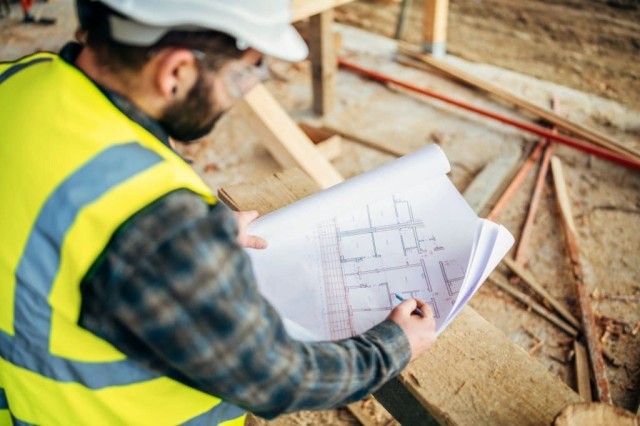
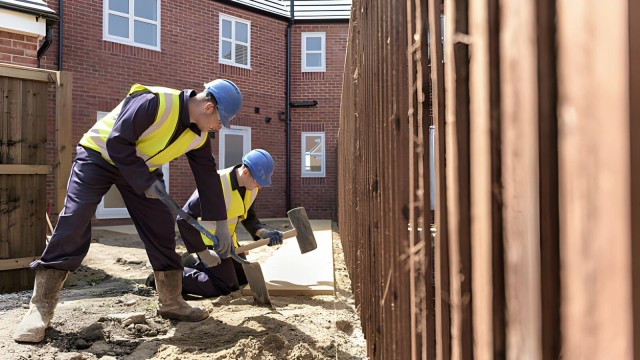
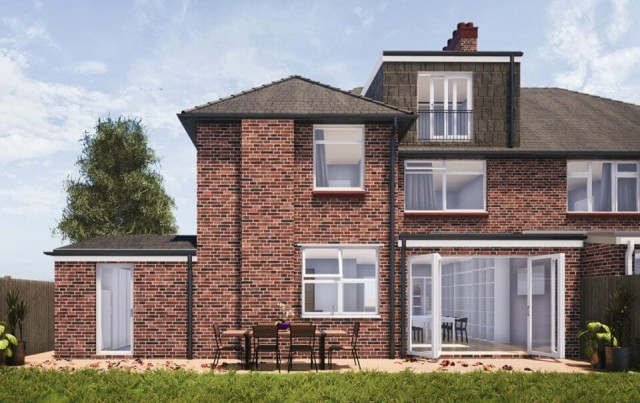

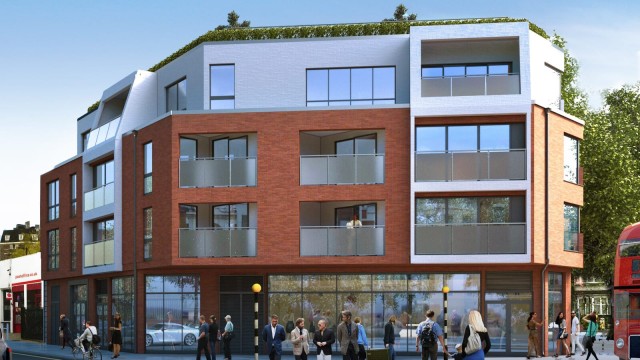
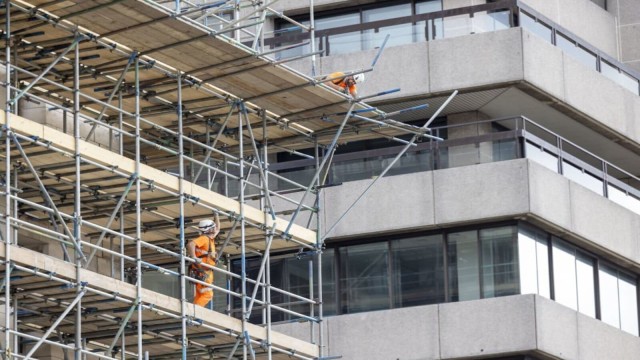
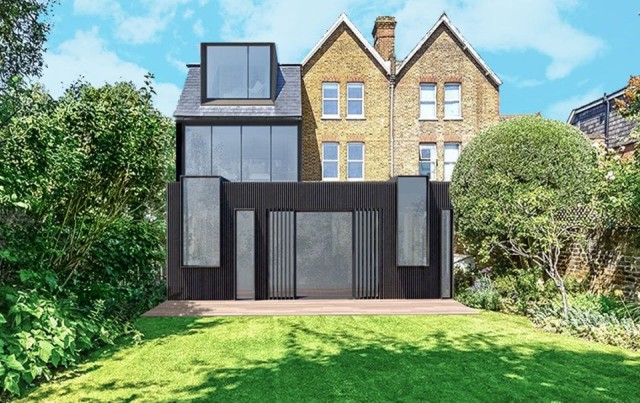

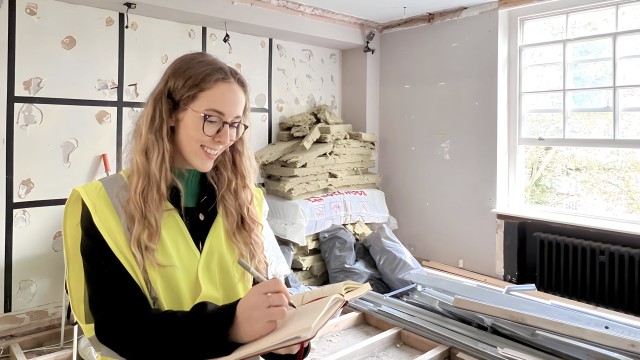
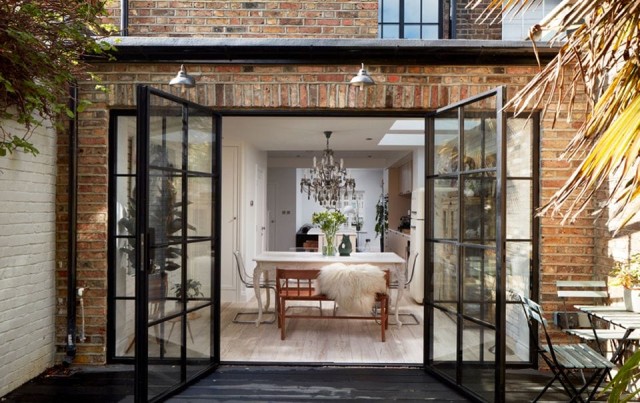
We specialise in crafting creative design and planning strategies to unlock the hidden potential of developments, secure planning permission and deliver imaginative projects on tricky sites
Write us a message